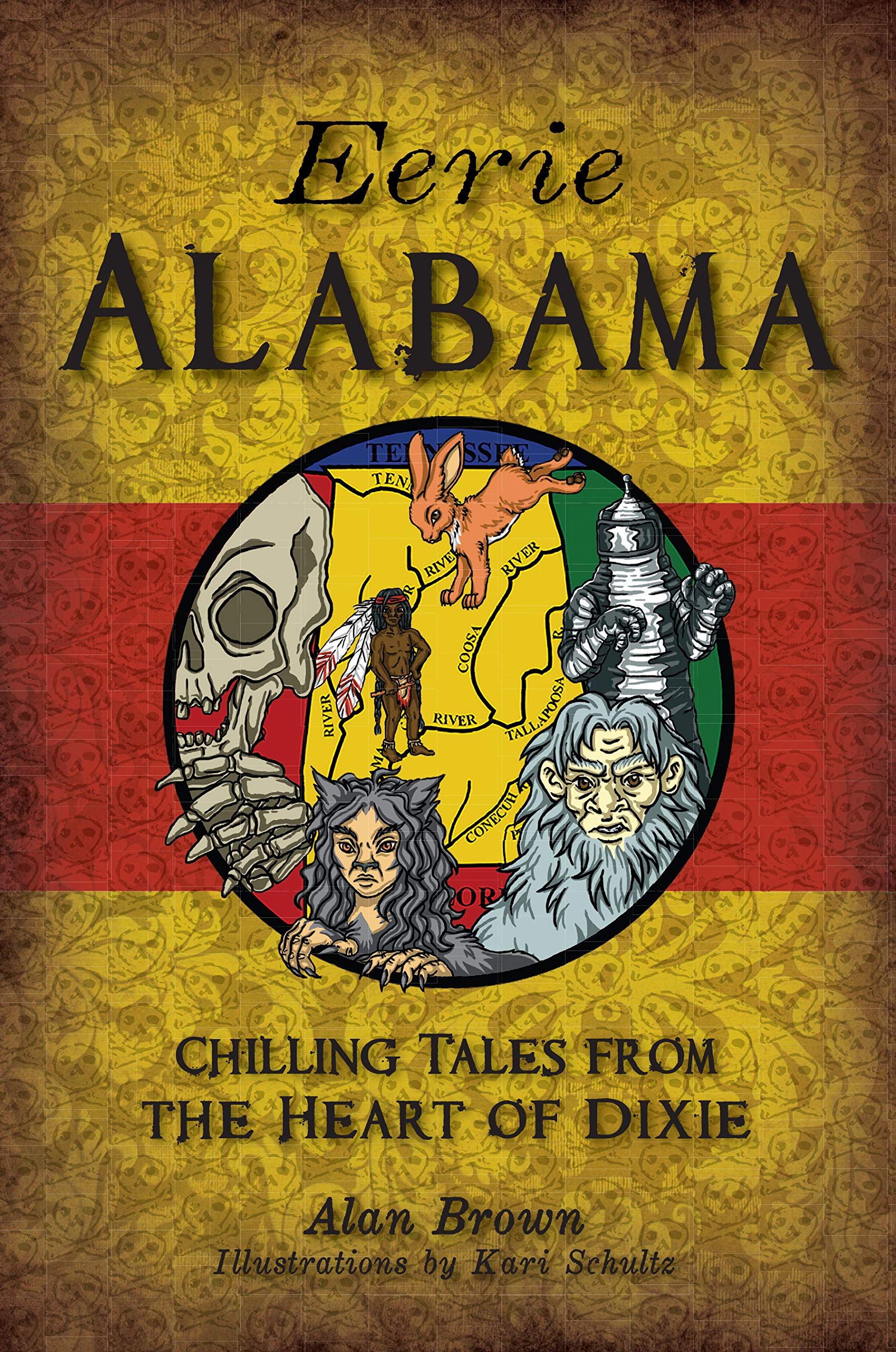The Dock Street Theater was the first building in America designed solely for theatrical performances. The theater opened at the corner of Church and Dock streets on February 12, 1735, with the production of a bawdy farce by George Farhquar titled The Recruiting Officer. In 1740, the theater was destroyed by a fire that also consumed most of Charleston’s historic French quarter. In 1809, a new building, the Planter’s Hotel, was constructed on the site of the old theater. In 1835, a wrought iron balcony was added to the Church Street side of the hotel. For over fifty years, the Planter’s Hotel scores of plantation owners and merchants, eager to spend an evening drinking, playing cards, and dallying with the prostitutes who earned their living there. After the Civil War, the Dock Street Theater fell into disrepair. The old building received a new lease on life in 1935, when it was renovated by the Works Progress Administration. Under the supervision of architect Alfred Simons, the Dock Street Theater has been embellished with beautiful woodwork carved from native cypress. Today, the Dock Street Theater’s checkered past has made it one of the most photographed sites in the entire city. According to local lore, two figures from the theater’s storied past are still roaming its shadowy hallways and darkened rooms.
Many locals believe that the Dock Street Theater is haunted by the spirit of one of the Planter’s Hotel’s most famous patrons. Junius Brutus Booth. In the years immediately preceding the Civil War, Booth was known as the greatest actor of his day. Today, he is remembered primarily as the father of Edwin and John Wilkes Booth. Eye-witnesses describe his spirit as 5’7” tall. He is usually seen wearing a top hat, a frock coat, and knee boots.
The Dock Street Theater is also haunted by a female ghost who is seen on the second floor. She is said to be the spirit of a prostitute named Nettie Dickerson who used her charms to make a living from the attentions of the men who patronized the Planters’ Hotel in the 1830s. According to Edward B. Macy and Julian T. Buxton III, the authors of The Ghosts of Charleston, Nettie secured employment in the office of St. Philip’s church when she arrived in Charleston in 1838. Before long, though, she became restless in the boring confines of the church. She longed to a part of the thriving social scene that focused around the Planter’s Hotel. In 1839, wearing a revealing red dress, Nettie strode into the lobby, where she immediately attracted attention of every man present. She soon became one of the most popular prostitutes working out of the Planter’s Hotel. Despite that fact that she had a beautiful wardrobe, handsome lovers, and plenty of money, she harbored a secret desire to return to St. Philip’s church. One evening, as storm clouds rolled across the night sky, she was standing on the second floor balcony, staring wistfully at the steeple of St. Philip’s, when she was struck by a bolt of lightning. In that brief instant, Nettie’s dream of redemption was obliterated. In another much less dramatic version of the story, Nettie was the victim of a botched abortion.
Like many individuals for whom death was sudden and unexpected, Nettie Dickerson’s ghost is a restless spirit. For many years, the translucent figure of a red-headed woman in a red dress has been seen walking down the hallways and stair cases on the second floor. Her shimmering form passes through walls in a seemingly wide-eyed trance. In many of these eye-witness accounts, Nettie’s ghost is portrayed as walking down the hall on her knees. Her strange appearance can be explained by the fact that in 1936, the W.P.A. raised the floor on the second story by more than a foot. Totally unaware of the structural change that was made on the second floor, Nettie’s ghost continues to walk the halls just as she did in the 1830s and 1840s.
The Dock Street Theater has presented over 150 productions since it opened in 1937. More than one million people have experienced the thrill of watching first-rate actors apply their craft in such classics of the theater as A Streetcar Named Desire.
However, some patrons claim that the most exciting performances at the Dock Street Theater are the random appearances of its resident ghosts.



Recent Comments